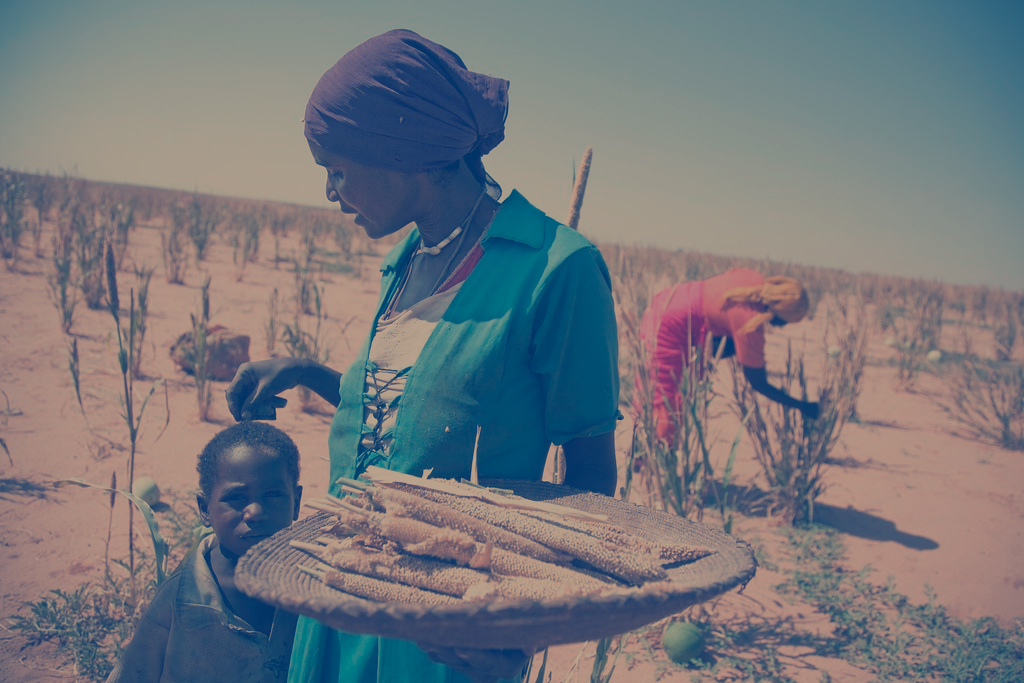Worldwide, there has been a rising interest in regenerative agriculture (RA) due to its potential as a sustainable pathway for resilience building in agricultural transformation, especially in Africa.
On 1st July 2020, the ‘Alliance for a Green Revolution in Africa (AGRA)’ will implement a 15- month long project in the Embu and Makueni Counties of Kenya. The ‘Regenerative agriculture through the development of the pulses value chain’ Project aims to enhance extension services through a sustainable village-based advisers (VBA) business model, increase the application of climate-smart agricultural technologies and practices, and increase knowledge and awareness of regenerative agricultural practices among farmers and stakeholders.
IIRR will focus on the third goal by adopting the following activities – (i) Documenting and disseminating case studies, lessons, evidence, and success factors to key stakeholders that demonstrate sustainable, regenerative approaches (ii) Advocating and convening meetings with the stakeholders to showcase the business case for a regenerative approach.
Through Knowledge Management and Dissemination interventions, IIRR will target 20,000 farmers (mainly women) and their households to increase household incomes and achieve nutritional security. 200 VBAs, primarily youth and women, will be selected from the local communities in Makueni and Embu Counties. They will benefit through improved access to information, skills, and knowledge in RA, as well as access to inputs and outputs markets, and improved performance of their business performance.
Additionally, the county government, research institutes like ‘Kenya Agriculture and Livestock Research Organization’ (KALRO), private sectors, and project-implementing partners like ‘Cereal Growers Association’ (CGA) and Farm Africa will be the main stakeholders of the project. The total amount requested from AGRA for this project is Euro 136,263. Through this project, IIRR aims to bridge the gap between successful effectiveness and systematic documentation of regenerative agriculture practices in Africa.





Thank you for the partneshership in implementation of RA and thank yopu for documenting and sharing the learnings and success stories